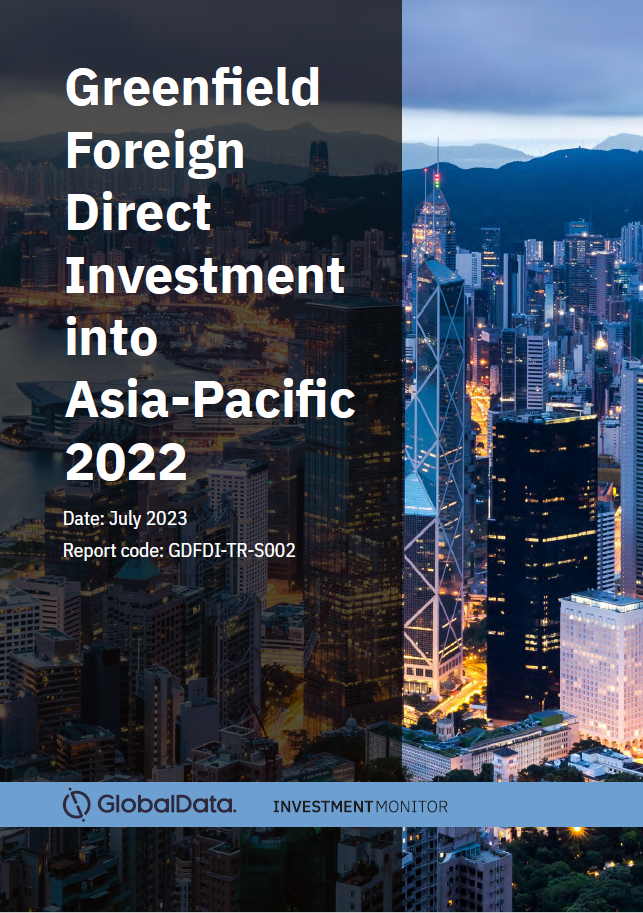
Vietnam’s Ministry of Planning and Investment is finalising a plan to set up a fund to attract foreign direct investment (FDI) ahead of the implementation of the 15% global corporate tax.
While the country plans to implement the tax this year, neighbouring economies like Thailand and Singapore have deferred implementation until 2025.
A slow-moving process
In 2021, almost 140 countries agreed to join the OECD’s global tax deal. The two-pronged agreement intended to prevent tax competition and halt cross-border tax avoidance.
The plan has faced many delays. The outcome of the US election in November is also likely to influence to what extent the plan is adopted worldwide.
Vietnam retains FDI boom
Vietnam remains a top FDI destination in Asia.
It offers stable politics, an upskilled workforce and low labour costs. Its geographic location and international trade agreements have also been marked by investors as attractive features.
For example, Taiwan has shown a huge interest in the country’s manufacturing capacity. There has been a fourfold increase in investment capital from 2022 to 2023.
EuroCham Vietnam chairman Dominik Meichle highlights that “The government’s initiatives, including tax incentives and industrial zones, have shown some success, as seen by the increasing interest in more advanced manufacturing.”
Not immune to market shocks
While the country has been enjoying the benefits of a surge in investment interest, it is not immune to the consequences of a 15% corporate tax.
In the upcoming draft of the government’s plan to retain FDI, they highlight that “the number of large-scale foreign investment projects with high technologies remain modest, while some existing projects have suspended their plans to expand.”
That is why the fund to attract FDI and maintain, or perhaps further increase, the country’s competitiveness will be welcomed by foreign investors.
Undermining the OECD?
In Vietnam, this fund would be financed through the state budget and with revenue from the corporate tax.
While the plan has not been finalised, it is worth noting that putting the new tax revenue directly into a fund for a lot of these same NMEs may undermine the OECD’s intention.
When the plan was approved, it was hailed by many as a step towards a fairer system. Presumably, increased revenue for governments would allow for more public spending.
However, the plan has not been finalised and whether other countries have similar ideas to attract investment remains to be seen.




